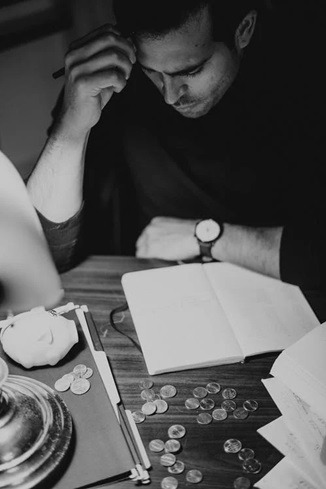When a loved one passes away, it is necessary for the court to authenticate their last will and testament. This process is known as probate and includes several steps, which include locating and determining the value of their assets, paying their final taxes and bills, and distributing the remaining part of the estate to the beneficiaries to which it rightfully belongs.
Why is probate necessary?
Laws to probate an estate are in place in every state. Besides authenticating a will and testament, they also define what happens when someone dies without leaving a will. In those cases, the process is very similar because probate is still necessary to pay the final bills of the person who died and distribute their estate.
How is a will authenticated?
As soon as it is reasonably possible after the individual dies, the person who possesses the will has to file it with the probate court and at the same time petition the court to open probate of the estate. In some cases, it is also necessary to file the death certificate at that time along with the existing will.
The Hearing
During the hearing, anyone who has an objection to the will be admitted for probate can make their opinion known. This may happen because the individual contends that the will was not drafted properly, because they are aware of the existence of a newer will, or because they do not agree with the executor nominated in the will for the purpose of handling the estate.
To authenticate the will, the court calls upon witnesses. In many cases, the individual who died and the witnesses signed an affidavit at the same time, making the will signed and witnessed, and the court thus accepts the will as being valid.
If the witness did not sign when the person was still alive, they would be required to sign a sworn statement or to testify in court that they were present when the person signed the will and that the will that the court now has in their possession is precisely the one they saw the decedent sign.
Appointing an Executor
Someone has to be in charge of carrying out the provisions specified in the will, oversee the probate process and settle the estate. This person is called the executor or personal representative of the deceased. They will receive the necessary documentation, known as “letters of authority,” to allow them to act on behalf of the estate.
The executor may have to post a bond to protect the estate from any losses that their actions may incur. Once this is done, the executor has to:
Pay All Debts
The executor has to settle any debts left by the person who died.
Pay All Taxes
Federal and state income taxes of the final months of the person’s life must be filed as well as those of the previous year, should they have died without having done so.
Distributing Property to the Beneficiaries
The executor has to decide when to distribute the assets. Usually, after all debts and taxes have been settled.
Closing the Estate
By finishing all their duties, the executor can now proceed to close the estate.
If you have questions regarding a will or have doubts after being named executor, a probate attorney can help.
